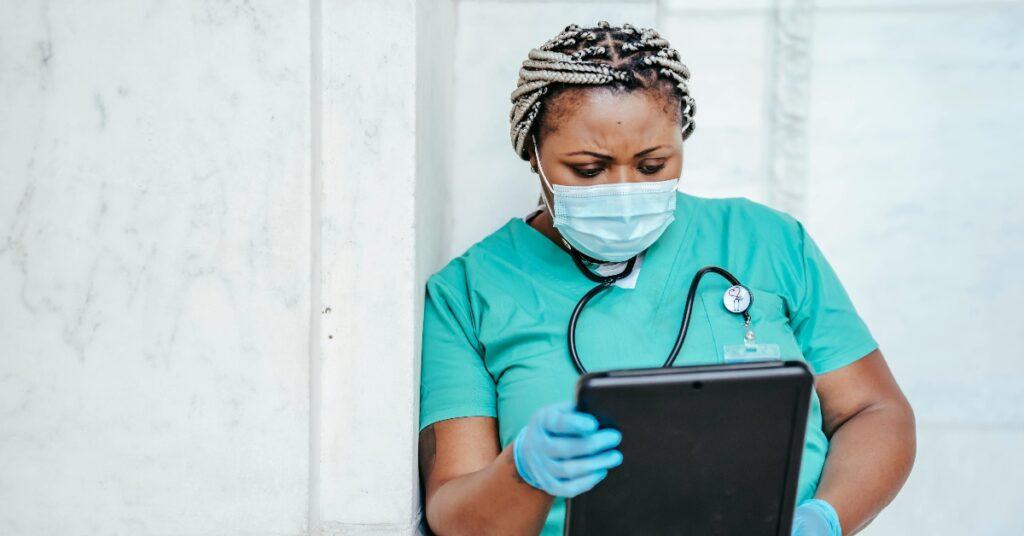Prevention Is Key: Here’s All You Need To Know About Colonoscopy Examinations For Women

With age, your body is at a greater risk of developing some diseases. Preventative screenings are crucial to catching changes in your body early. As a result, you can receive treatment that can save you from unnecessary suffering and illness.
That said, there is a test that can help detect precancerous or cancerous growth in the colon and rectum before treatment becomes challenging. If you’re unfamiliar with a colonoscopy for women, learning about this important screening can help you and your loved ones.
What Is Colorectal Cancer?

Cancer is designated depending on where it originates. According to the American Cancer Society, “colorectal cancer starts in the colon or the rectum.” Colon cancer and rectal cancer are often grouped together because they have many features in common.”
Statistics show that, excluding skin cancer, colorectal cancer is the third most commonly diagnosed cancer among women and men. In cancer-related deaths, it’s the fourth leading cause of death in women. Per the American Cancer Society, the disease is “expected to cause about 53,010 deaths during 2024.”
You can lower your risk of developing colorectal cancer through awareness and taking action. The chances of a colorectal cancer diagnosis drop with proper screening and changes to your lifestyle habits.
When To Start Screening
Screening for early detection is your best defense against cancer spreading. Some cancers don’t have signs or symptoms. Early screening also allows for more treatment options, including removing polyps before they become cancerous.
The American Cancer Society advises that screenings should start around 45 years old if you’re at average risk. If you’re high risk, getting screened before the age of 45 is recommended.
According to the Moffitt Cancer Center, people who are high risk include those with a family history of colorectal cancer or suspected hereditary colorectal cancer syndrome. In addition, other people considered high-risk include those with a personal history of colorectal cancer or certain types of polyps, a history of receiving radiation to your abdomen or pelvis to treat previous cancer, or inflammatory bowel disease.

What To Expect During A Colonoscopy For Women
Doctors typically perform two types of tests: a stool test and a visual exam. A stool test assesses your bowel movements every one to three years. A visual exam with a colonoscope is administered every 10 years. A CT colonography is a visual exam in which an X-ray or CT scan of your colon is performed every five years.
A stool test can only screen for existing cancer, while a colonoscopy can screen for and prevent further development.
If you and your doctor prefer a visual exam, you’ll need to prepare in advance. Preparations include emptying your colon and rectum, starting the night before. Your doctor should give you instructions on cleaning your intestines, often including laxatives. In addition, you should avoid some foods, medicines, and drinks, as they may impact your test results.
During the colonoscopy, a colonoscope tube with a light and camera is inserted into the rectum and colon to inspect for abnormalities. If anything is found, a sample may be taken to test whether it’s cancerous.
A colonoscopy is an outpatient procedure. A sedative makes you more comfortable during the process. Moreover, having someone available to drive you home will ensure your safety. The procedure should take around 30 minutes.
Be sure to discuss any questions and your options with your doctor for a successful examination.
Preventative care saves lives. If you’re approaching the screening age, getting a colonoscopy can help you detect and treat cancer. It’s always a great idea to contact your doctor to discuss scheduling regular tests to bolster your continued health.





